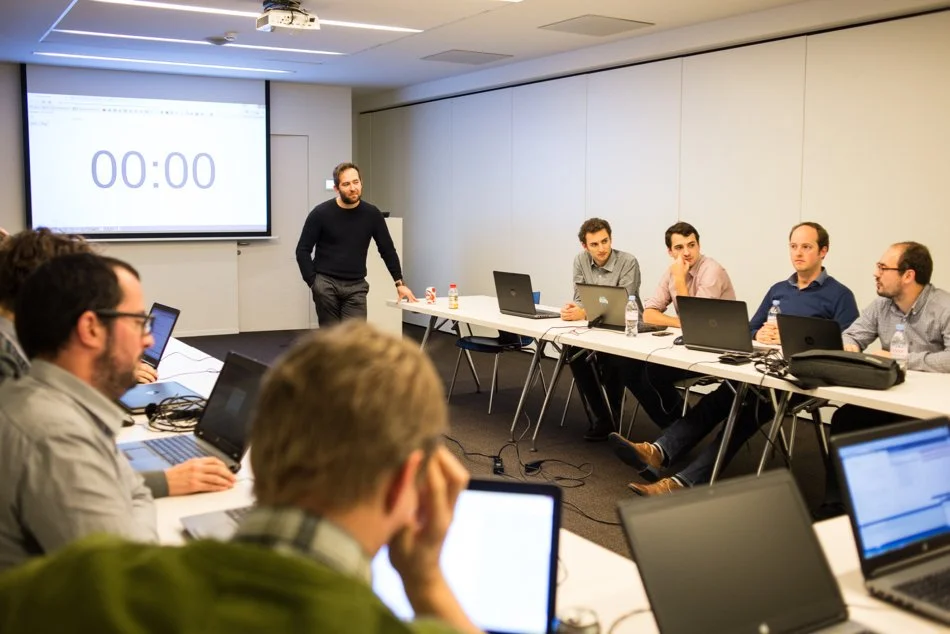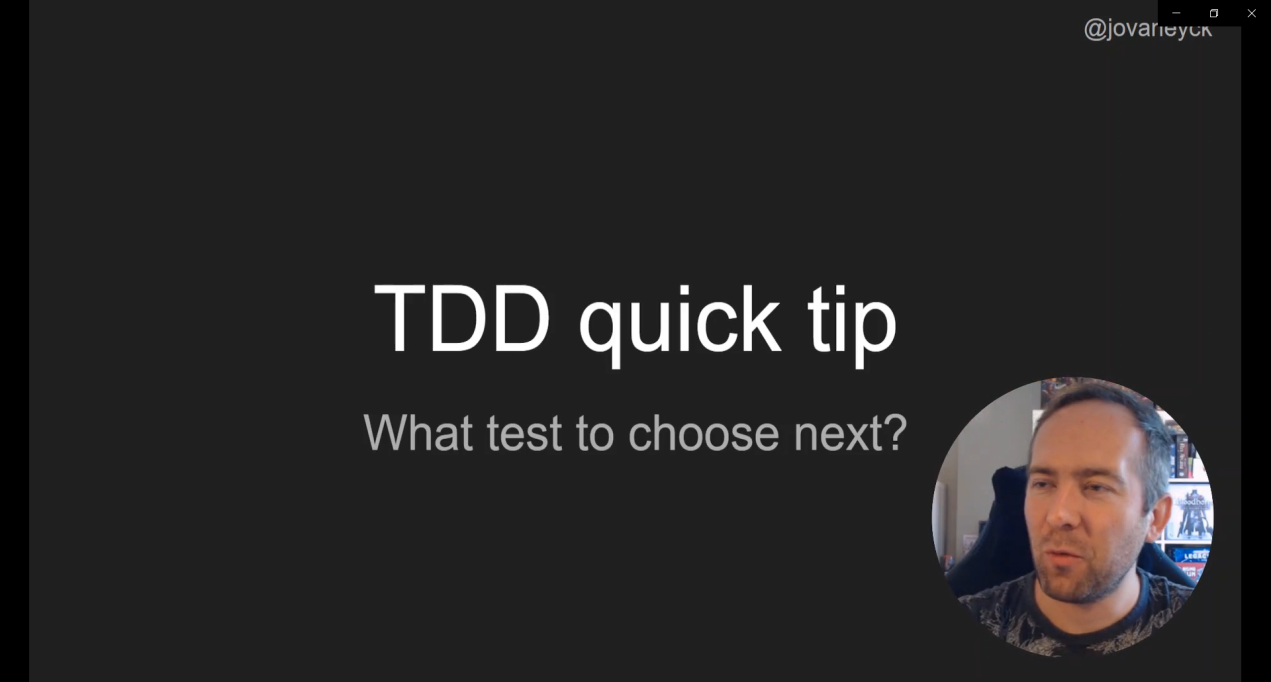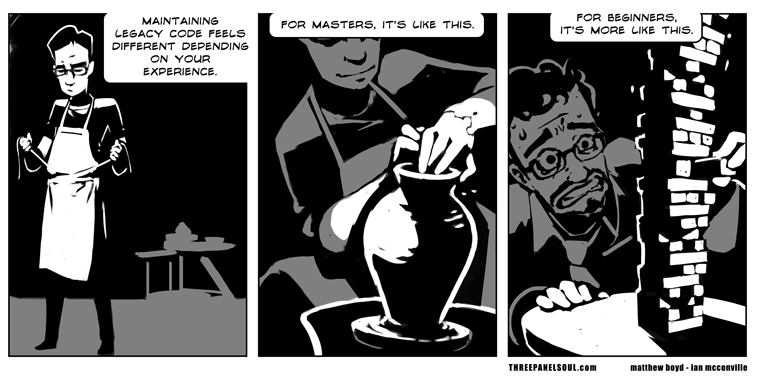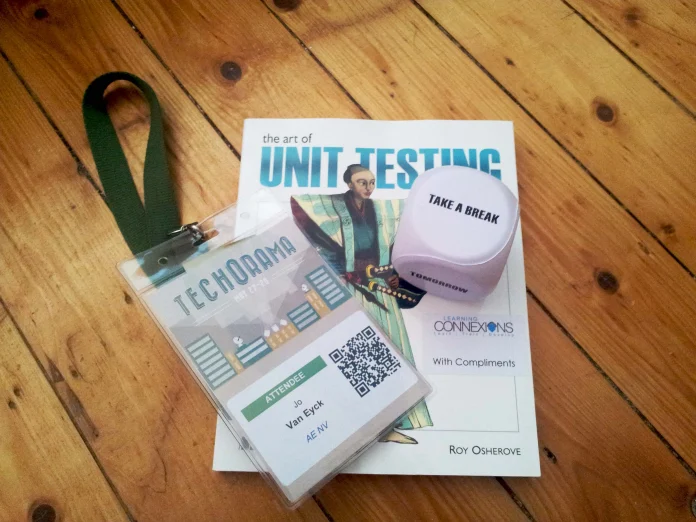You’re a budding technical coach. Part of the job is preparing and delivering training. How do you create deeply technical workshops that will have the most impact? In this post we’ll go over 3 concrete models and principles for more impactful technical training that I use while preparing my workshops.
Although I have been conducting training sessions for years, I only recently began delving into the science behind “impactful education”. I learned so much about this from Emily Bache and the Samman coaching initiative. Emily offers a great course on this topic, which I highly recommend. You can find more information about it here.
Continue reading








